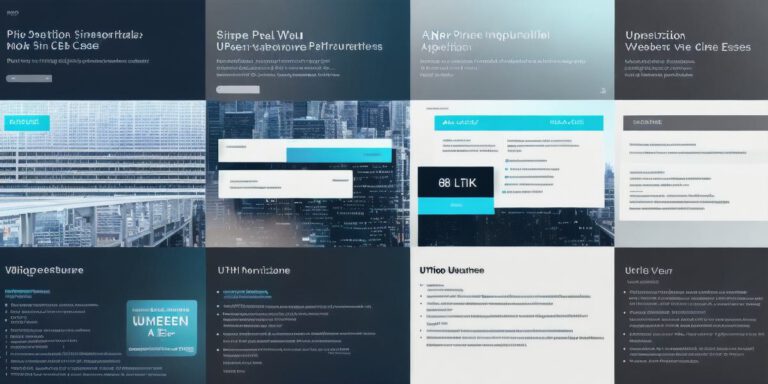Decentralizing Data Ownership in Web3: Who Really Controls Your Information?

As technology continues to advance, data ownership has become an increasingly important issue in the digital world. With the rise of Web3 and decentralized technologies, there is a growing concern that our personal information may not be as secure as we thought it was. In this article, we will explore the current state of data ownership in the digital world and examine the potential benefits and risks of decentralizing data ownership in Web3.
Current State of Data Ownership
In today’s digital age, our personal information is collected, stored, and analyzed by countless companies and organizations. From social media platforms to online shopping sites, our data is constantly being used to create targeted advertisements, improve products and services, and even make political decisions. However, this data is often owned by the companies that collect it, rather than by the individuals themselves.
The problem with centralized data ownership is that it leaves individuals vulnerable to data breaches, identity theft, and other forms of cybercrime. In 2017, for example, Equifax suffered a massive data breach that exposed the personal information of over 143 million people in the United States. This type of incident highlights the need for greater control over our own data.
Benefits of Decentralizing Data Ownership

Decentralized data ownership in Web3 offers several potential benefits, including greater privacy and security for individuals. By decentralizing data ownership, individuals can take back control of their personal information and decide who has access to it. This would give them the ability to control what data is collected, how it’s used, and who has access to it.
Decentralized data ownership also offers greater transparency and accountability for companies that collect and use our data. In a decentralized system, companies would be required to obtain explicit consent from individuals before collecting their data, which would increase the likelihood of ethical data collection practices. Additionally, decentralization could make it easier for individuals to switch between services or platforms without losing their data, as they would have greater control over where their information is stored and who has access to it.
Risks of Decentralizing Data Ownership
While decentralized data ownership offers many potential benefits, there are also some risks that must be considered. One major concern is the potential for a "wild west" scenario, in which anyone can claim ownership over an individual’s data and use it for their own gain without permission. Additionally, decentralization may make it more difficult to enforce laws and regulations governing data collection and use, as there would be no central authority to hold accountable.
Real-Life Examples
One real-life example of decentralized data ownership is the social media platform Dfinity, which uses a blockchain-based system to give users greater control over their personal information. With Dfinity, users can choose who has access to their data and decide how it’s used. Another example is Filecoin, a decentralized file storage network that allows individuals to store and share files without relying on centralized intermediaries.
FAQs
Q: What is decentralized data ownership?
A: Decentralized data ownership in Web3 refers to the idea that individuals should have greater control over their personal information, rather than it being owned by companies or organizations.
Q: Why is decentralized data ownership important?
A: Decentralized data ownership offers several potential benefits, including greater privacy and security for individuals, transparency and accountability for companies, and greater control over where data is stored and who has access to it.
Q: Are there any risks associated with decentralized data ownership?
A: Yes, there are some risks associated with decentralized data ownership, such as the potential for a "wild west" scenario and difficulty enforcing laws and regulations governing data collection and use.
Summary
Decentralizing data ownership in Web3 is an important issue that requires careful consideration. While it offers many potential benefits, there are also some risks that must be








